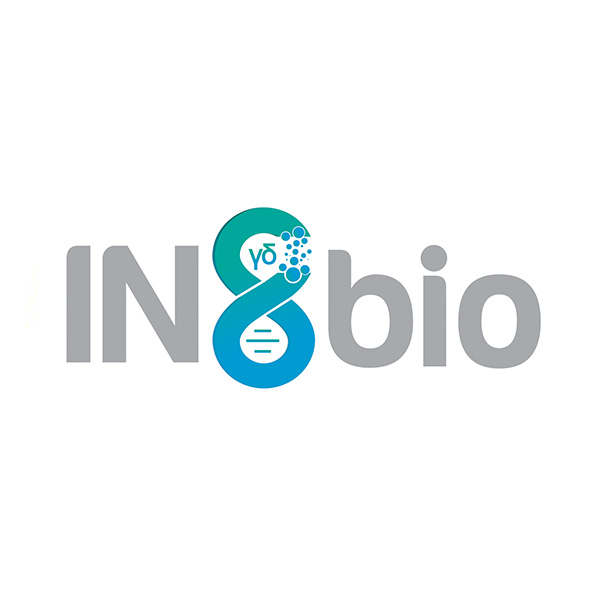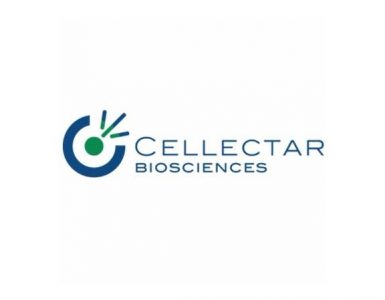
IN8bio (NASDAQ:INAB) shared updated data showcasing continued progression-free survival (PFS) from its Phase 1 trial of INB-100 in older patients with hematologic malignancies undergoing haploidentical stem cell transplant (HSCT) with reduced intensity conditioning ((RIC), at the 2024 American Society of Hematology Annual Meeting in San Diego.
INB-100, is an allogeneic, haploidentical gamma-delta T cell therapy. According to IN8bio, INB-100 continues to demonstrate durable complete remissions, with no relapses observed among acute myeloid leukemia (AML) patients, including those with high-risk disease, after a median follow-up of 19.7 months. The company emphasized INB-100’s long-term impact, highlighting its durable in vivo expansion and persistence of allogenic gamma-delta T cells 365 days after a single dose—marking the first-ever demonstration of durable persistence and expansion in allogeneic cellular therapy.
“This data demonstrates the potential of allogeneic INB-100 gamma-delta T cells to provide durable relapse-free remissions in high-risk or relapsed AML patients undergoing HSCT,” said Dr. Joseph P. McGuirk, Schutte-Speas Professor of Hematology-Oncology, Division Director, Hematologic Malignancies and Cellular Therapeutics Medical Director, Blood and Marrow Transplant, The University of Kansas Cancer Center.
“Older, frailer patients who receive non-myeloablative, reduced intensity conditioning regimens typically have a significant risk of relapse. Historically, approximately 25% of AML patients undergoing HSCT would be expected to have a leukemic relapse within the first 100 days post-transplant, with up to nearly 50% of such patients experiencing relapse by one-year, which remains the primary cause of death. The longer AML patients remain in remission post-HSCT, the greater their probability of survival. These observed long-term durable remissions using allogeneic gamma-delta T cells are very encouraging and we look forward to announcing additional data next year,” Dr. McGuirk added.






